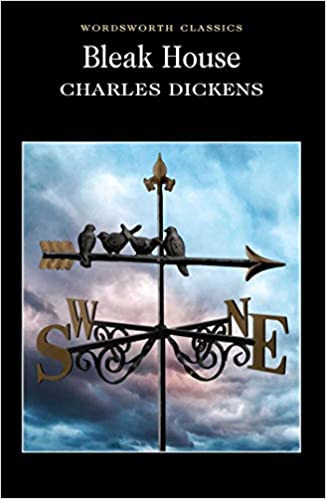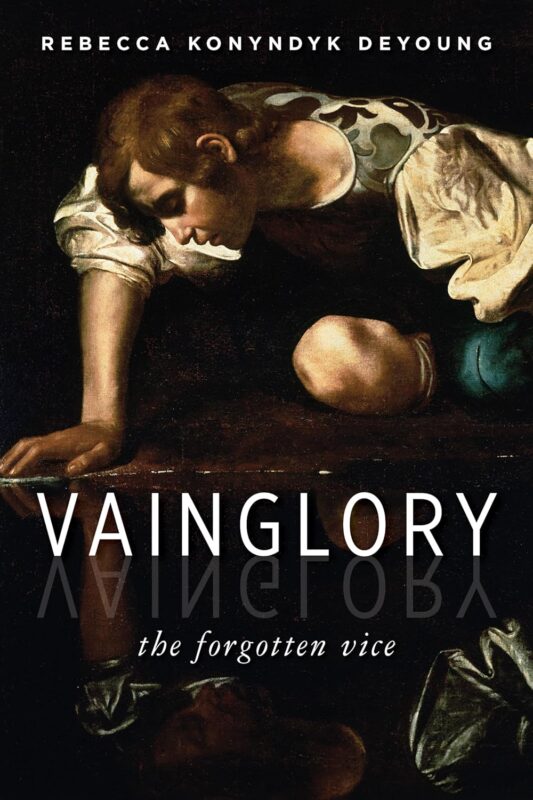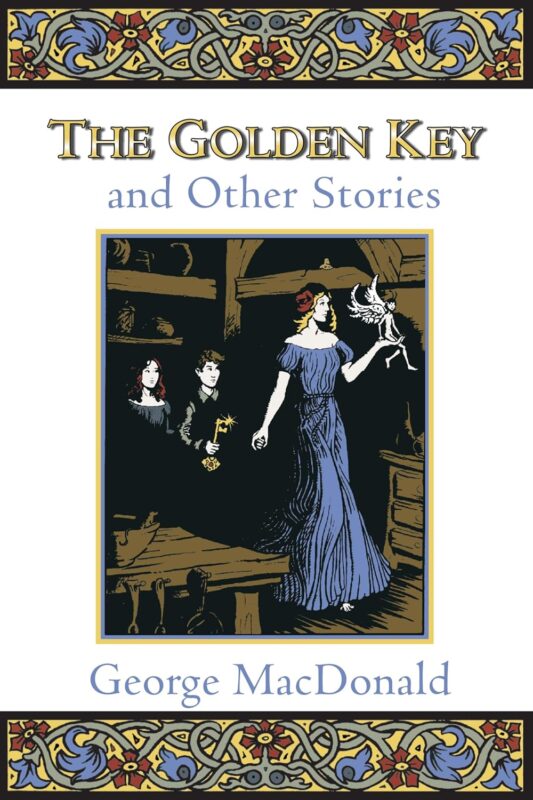Bleak House
Bleak House is one of Dickens' finest achievements, establishing his reputation as a serious and mature novelist, as well as a brilliant comic writer. It is at once a complex mystery story that fully engages the reader in the work of detection, and an unforgettable indictment of an indifferent society. Its representations of a great city's underworld, and of the law's corruption and delay, draw upon the author's personal knowledge and experience. But it is his symbolic art that projects these things in a vision that embraces black comedy, cosmic farce, and tragic ruin. In a unique creative experiment, Dickens divides the narrative between his heroine, Esther Summerson, who is psychologically interesting in her own right, and an unnamed narrator whose perspective both complements and challenges hers.
With an Introduction and Notes by Doreen Roberts, University of Kent at Canterbury
Vainglory: The Forgotten Vice
Julia Roberts on the red carpet at the Oscars. Lady Gaga singing “Applause” to worshipful fans at one of her sold-out concerts. And you and me in our Sunday best in the front row at church. What do we have in common?
Chances are, says Rebecca Konyndyk DeYoung, that we all suffer from vainglory -- a keen desire for attention and approval. Although contemporary culture has largely forgotten about vainglory, it was on the original list of seven capital vices and is perhaps more dangerous than ever today.
In Vainglory: The Forgotten Vice DeYoung tells the story of this vice, moving from its ancient origins to its modern expressions. She defines vainglory, gives examples from popular culture, explores motivational sources, and discusses other vices associated with it such as hypocrisy and boasting. After exposing the many ways in which vainglory can rear its ugly head, she explores personal spiritual practices that can help us resist it and community practices that can help us handle glory well.
More info →The Golden Key and Other Stories
George MacDonald (1824-1905), the great nineteenth-century innovator of modern fantasy, influenced not only C. S. Lewis but also such literary masters as Charles Williams and J. R. R. Tolkien. Though his longer fairy tales Lilith and Phantastes are particularly famous, much of MacDonald's best fantasy writing is found in his shorter stories. In this volume editor Glenn Sadler has compiled some of MacDonald's finest short works--marvelous fairy tales and stories certain to delight readers familiar with MacDonald and those about to meet him for the first time.
More info →


